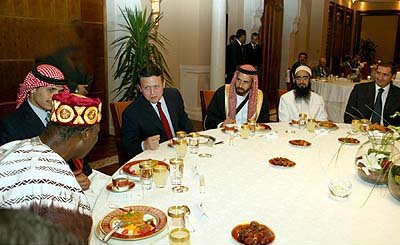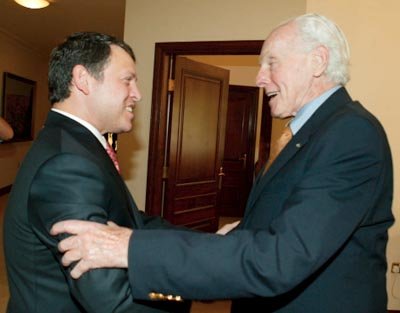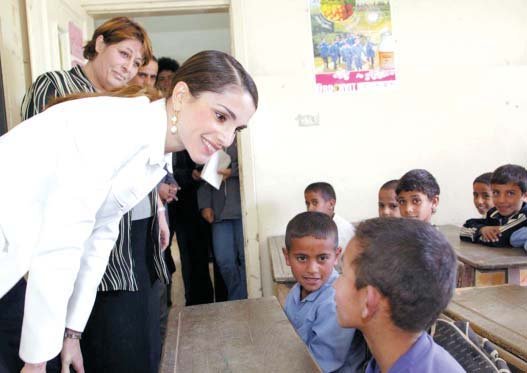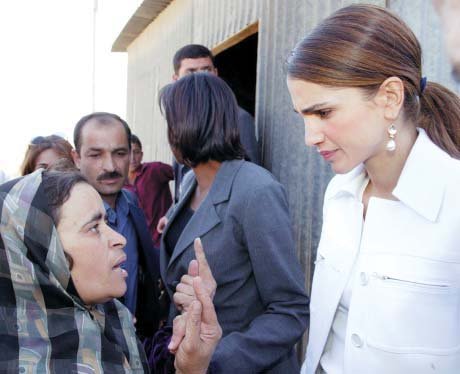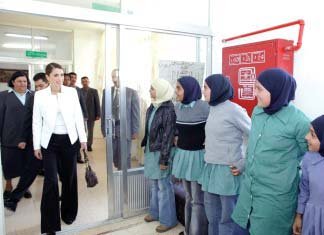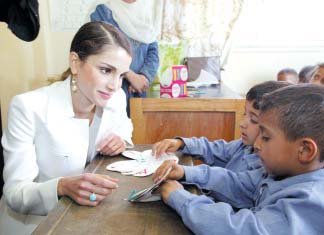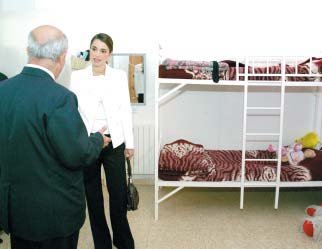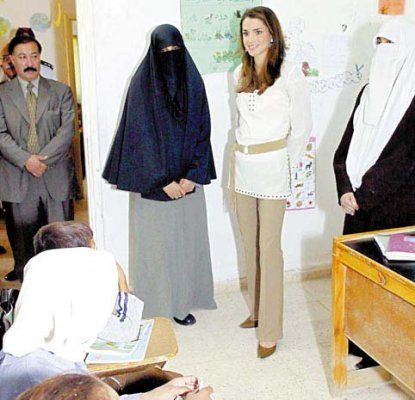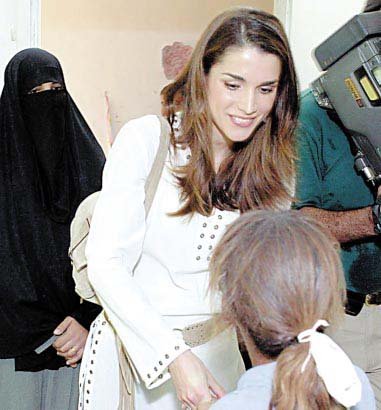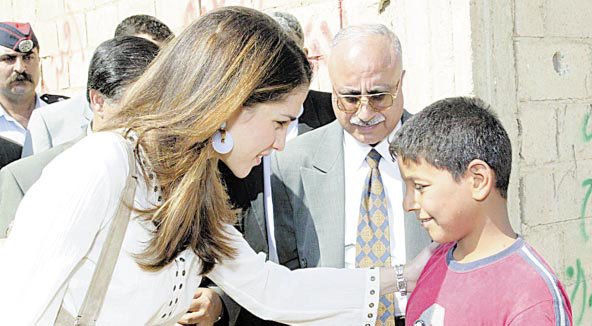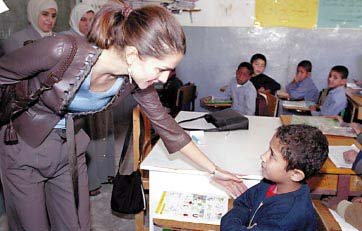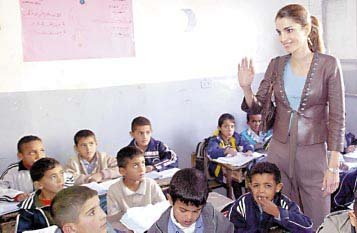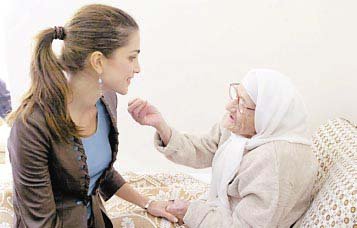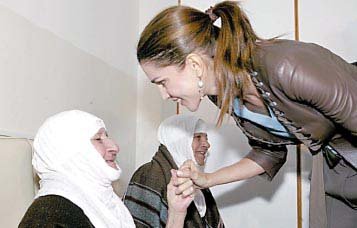Balqis
Nobility
- Joined
- Mar 31, 2004
- Messages
- 319
Ipi Tombe said:okay.....that is interesting...what media campaign????
http://news.bbc.co.uk/1/hi/world/middle_east/3530223.stm
Queen Rania backs women's rights
By Dale Gavlak
BBC News, Amman
Jordan's Queen Rania has launched a media campaign to change stereotypes affecting Arab women and to boost their role in society.
She challenged Middle East broadcasters to help change common misconceptions in their programmes and advertisements.
Arab women must also be more vocal on issues affecting them such as domestic violence, illiteracy and political involvement, she said.
She said these issues must be discussed openly among Arab people themselves.
At a press conference in the Jordanian capital, Amman, Queen Rania told Arab broadcasters they had a duty to help change attitudes.
"This is your campaign," she said, "your responsibility to see that women are supported in helping to shape the future of the Arab world."
She showed a public information film aimed at encouraging women to play an integral role in developing the Middle East.
She said men and women share the same future and so they should work together to create their vision for the Arab world. This has not always been the case in the Middle East.
A Unicef representative in Jordan, Hin Mango, said Queen Rania had made the point forcefully.
"You can't keep 50% of any society marginalised," she said. "Basically the message was clear, that you need its two halves complementing each other, whether it's a man or a woman."
The challenges women face in the Arab world are great.
More than 60% are illiterate, domestic violence is widespread and not all Arab women yet have the right to vote, let alone stand for election.
But Queen Rania said these issues must be discussed openly and tackled by Arabs themselves.
Jordan and other Arab countries have felt outside pressure to adopt social reforms.
But they have resisted, saying any political, economic or social changes must come from within the region and in accordance with religious traditions.


